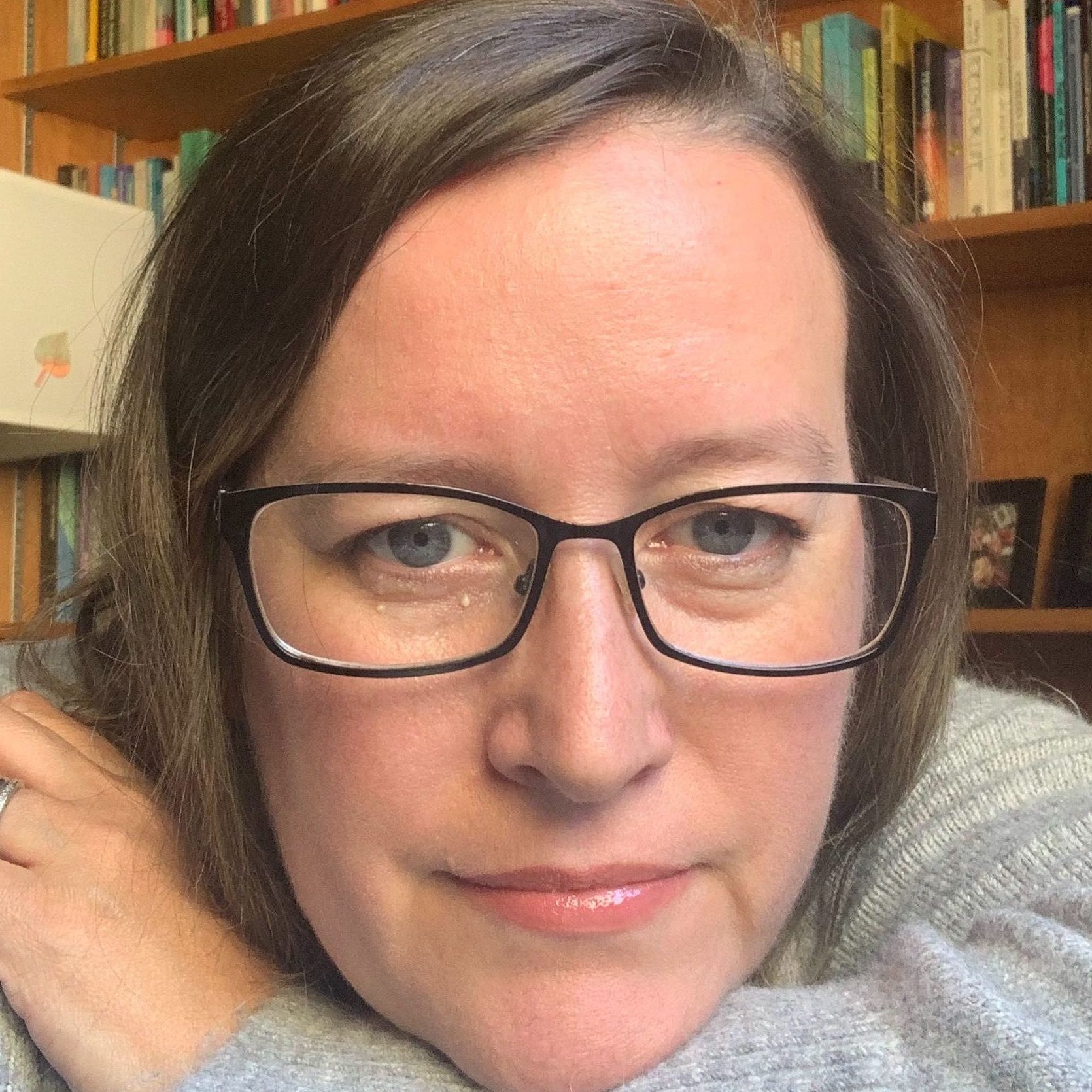
Administrators shifting to online learning—also known as distance learning or remote learning—should not expect to become overnight experts during the early stages of COVID-19 school closures.
Unless a district has done extensive preparation, leaders should roll out distance learning in stages, starting with no-tech and low-tech approaches, says Roberta Lenger Kang, director of the Center for Professional Education of Teachers at Teachers College, Columbia University.
“One of the most important things for schools and district leaders to think about right now is not what online or remote learning looks like in its ideal setting, but what is the smallest thing we can do now that will make the biggest difference the fastest,” Kang says.
Kang works with public schools in the South Bronx, in New York City, which started by sending home printed assignments with students.
More from DA: Continuing to teach through coronavirus closures
Educators could also mail weekly homework packets and connect with students by phone as their districts ready more high-tech online instruction. Teachers can also begin exploring their own mobile devices to determine which free apps they can use for instruction, adds Kang, whose organization is providing COVID-19 support for schools.
Teachers who make instructional videos and audio files should keep those techniques in mind when students return to school, Kang adds.
“These are the time-savers of remote learning because teachers don’t need to repeat themselves while students can watch or listen over and over and over again,” Kang says. “Teachers can be in more than one place at a time.”
Social-emotional learning during coronavirus closures
But distance learning is not just about the virtual curriculum, Kang says.
“We’ll start to see a lot of social isolation,” Kang says. “Schools need to be thinking about a social-emotional plan of action for remote learning—about how they’ll do wellness checks on how kids and parents are doing emotionally.”
When communicating remotely with students, teachers should find ways to add some humor to those discussions, such as by including contests for the classes.
“Finding opportunities for play and levity and jokes are going to be really important,” she says.
How schools are shifting to distance learning
The mass transition to distant learning is playing out differently across the country.
In New Hampshire, for example, districts that provide computers or tablets to most of their students are seeing a smoother transition, the Concord Monitor reported.
More from DA: LA schools open community resource center during coronavirus
However, leaders of districts with fewer tech resources are still working to connect with their students, particularly those who lack home internet, according to the Monitor.
“Families who lack internet or device access are asked to contact administration so arrangements can be made to provide and discuss alternatives or analog (paper) resources,” the Merrimack Valley School District said in an eight-page report on preparations, according to the Monitor.
Ohio’s Hillard City Schools is extending WiFi into school parking lots for student use, The Columbus Dispatch reported.
“It isn’t going to be comfortable, and it will not be smooth,” Superintendent John Marschhausen told the Dispatch. “I believe Hilliard’s educators are better prepared than many university and college professors for (online learning).”
Some schools, meanwhile, have no immediate plans to move to online learning.
Students in California’s San Jose USD will receive no assignments or grades during a mandated three-week closure, The Mercury News reported.
But Pleasanton USD, also in the San Francisco Bay Area, was set to launch daily online instruction through Google Classroom, according to The Mercury News
“No one should have the delusion that this is going to be a full substitute for in-person schooling,” Salman Khan, the founder of Khan Academy, told The Mercury News. “But this is the moment that online education has to step up to the plate.”







